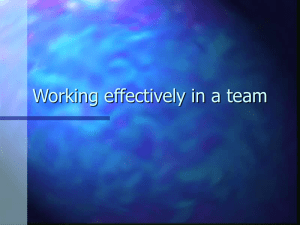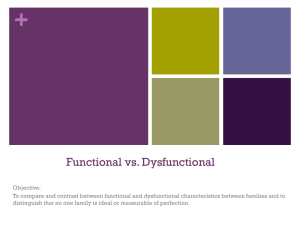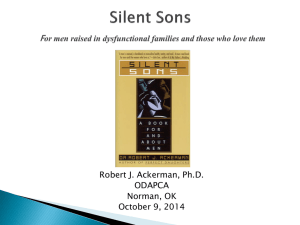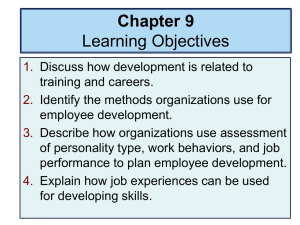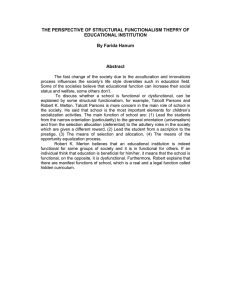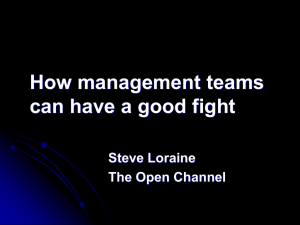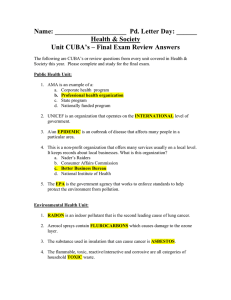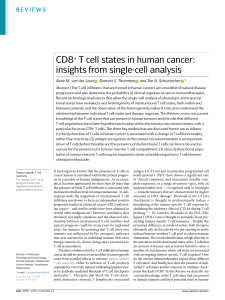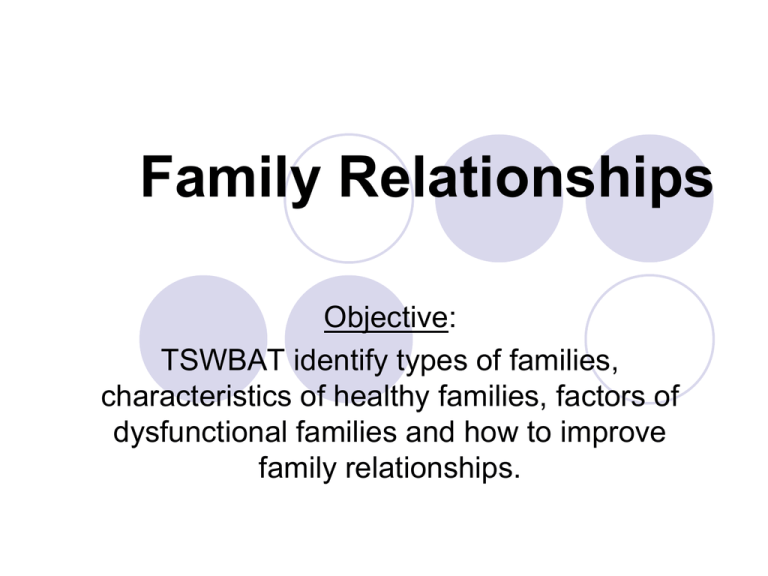
Family Relationships
Objective:
TSWBAT identify types of families,
characteristics of healthy families, factors of
dysfunctional families and how to improve
family relationships.
Families
Types of Families
Nuclear family – two parents + one or more
children
Single-parent family – one parent + one or more
children
Blended family – married couple + children from
previous marriages or relationships
Extended family – includes additional relatives
Adoptive family – one or two parents with one or
more adoptive children (can have biological
children too)
Foster family – temporary placement of children
in a home of adults who are not related
Your family and your health
Physical health – providing medical care,
setting limits on behavior, teaching health
skills
Mental and emotional health – safe
environment for you to share and express
your emotions, love and support, value
and affirmation
Social health – communication,
cooperation, values, cultural heritage
Families
Ideal Family –
Has the skills needed for loving, responsible,
supportive and productive relationships
Dysfunctional Family –
Lacks skills to be successful and function in
healthy ways
Does not meet the needs of the family
members
Family Continuum –
All families fall somewhere between ideal and
dysfunctional on the family continuum
Characteristics/Behaviors of Strong
Families
Good communication
Caring and support
Respect
Commitment
Trust
ACT
Action
Choose actions that promote
healthy family relationships
Commitment
Make a promise to be a loving
family member
Time
Spend time with your family
Causes of Dysfunctional Families:
Chemical Dependence
Drugs and alcohol addiction
Dysfunctional family was first studied in families in which
there was alcoholism
Other Addictions
Eating disorders, workaholics, gambling, etc.
Violence (Domestic violence)
Physical abuse
Emotional abuse (verbal abuse)
Sexual abuse
Causes con’t
Neglect/Abandonment
Failure to provide proper care and guidance
Removes oneself from whose care is one’s
responsibility
Mental Disorders
Mental or emotional condition that makes it
difficult for a person to live in a normal way
Family Changes
o Separation, divorce, blended/step families,
tragedies, stress, etc.
How to improve dysfunctional family
relationships: Sources of support
Family counseling services
Support groups
Community services (shelters or hotlines)
Law enforcement
Hospitals or clinics
Faith communities
Schools services (nurse, guidance
counselor)

